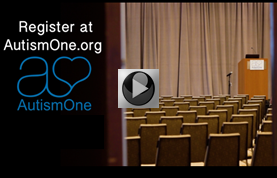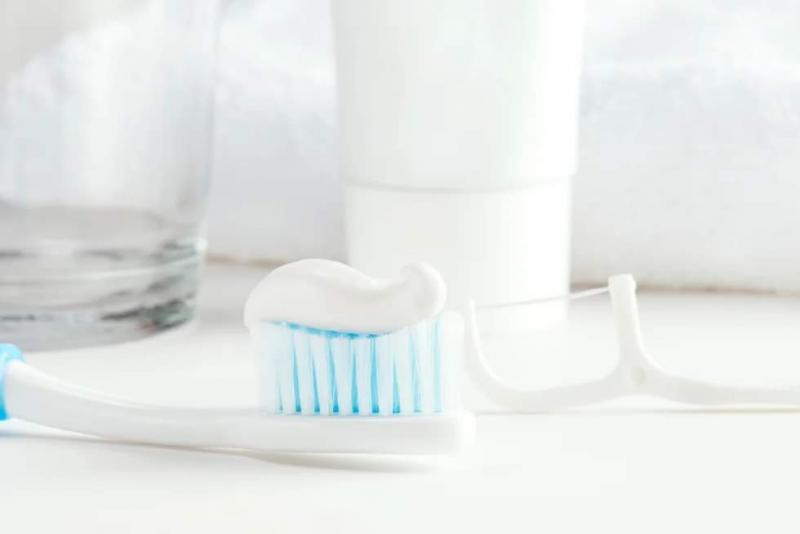Adolescent Issues: Puberty, Hygiene and Sexuality
To enlarge this document for easy viewing please click Fullscreen below.
Adolescent Issues
Puberty, Hygiene and Sexuality
Chantal Sicile-Kira 2008
Overview of Presentation
Growth and Development Hygiene and Health Grooming, Dressing and Looking Good Modesty, Privacy and Personal Safety Sexuality Resources for more information
Top 13 Things Parents Need to Know
about raising an adolescent on the autism spectrum
mercury or the parents’ genetics.
13. Teenage behavior cannot be blamed on
12. Some teenagers care about smelling good. Or not. 11. Some teenagers like order and neatness. Or not. 10. Teenagers like to make their own choices. Usually they are not the same as yours. 9. Teenagers learn self esteem at home and school. Or not. 1. Teenagers do not develop good organizational skills or self-care skills through osmosis.
7. Moodiness and raging hormones is a normal 6. teenage thing. is a needed life skill not Self-regulation practiced by teenagers. 5. Noncompliance is normal teenage behavior. 4. So is whining. 3. Masturbation is normal, teenage activity. 2. Learning about sex from known and trusted adults is not.
1. You will survive the teen years. Barely.
Growth and Development
Risk of Seizures for 1 in 4 teens on the spectrum Meltdowns or aggression may increase in some, and decrease in others Physically mature at same rate as peers, however emotionally less mature
Why puberty is hard on ASD teens
Most do not like change, yet body is changing and they cannot control it Most do not pick up information by osmosis from siblings or peers or through sitting in Health classes in school They do not understand why they are feeling different They hear about sex from others but may not understand
Boys age of onset at 11 or 12
What to expect What to explain about body changes
Girls age of onset earlier
What to expect What to explain about body changes
Hygiene and Health
Hygiene needs to be addressed and good habits to be developed and emphasized Explain WHY important (social stories tailored to ability level) Analyze problem areas in self-care
Task analysis Functional behavior analysis
Fix problem areas in self-care routines
Desensitization of sensitive areas Hand over hand for motor memory Visual schedules Verbal schedules Use of different products
Grooming, Dressing, and Looking Good
Teach the teenager :
Importance of basic hygiene and cleanliness What matches and what doesn’t What’s in and what’s not (get a peer to help) First impressions are crucial
Teach Self Esteem
For child to feel he is worthy of respect, he must feel self-esteem. What you hear is what you believe. Dr. Emoto and water experiment For a teen to understand he has rights (including the right to be safe and not be a victim, as well as the right to say ‘no’), he must feel he is worthwhile.
Modesty, Privacy, and Personal Safety
Teaching notion of privacy starts with familiar adults and how they treat the teen Concept of privacy needs to be taught and reinforced in all environments Teach your teens to tell you if someone has seen them naked or causes them to be naked
Teach concept of modesty at home Teaching to say or communicate ‘NO” in appropriate situations Teaching to not touch own private areas in public Teach them it is never OK for an adult to do certain things to them Teach them to communicate if they have been abused or mistreated
Masturbation
Natural activity that you may not necessarily teach, but contain if it occurs You will be able to control where and when, but you will not be able to stop it Home and school need to work together on this if it is occurring outside the home Teen must be allowed a ‘private place’ at home he can masturbate
May be necessary to teach male how to masturbate if he is not figuring it out on own and becoming very frustrated and aggressive due to this.
Relationship boundaries – different relationships, different boundaries :
Appropriate types of conversation and behavior for each type of various relationship The notion of Circles:
Private circle Hug circle Far away hug circle Handshake circle Wave circle Stranger circle
Sexuality
Sexual feelings are natural Some individuals on the spectrum want intimacy and want to get married, others do not When they become adults, it will be up to them to choose Even if your teen is not interested in relationships or the idea of marriage and intimacy, it is important to teach them about sex because they are at a higher risk of getting abused.
Remember : HOW you say it and teach it, is just as important as WHAT you say and teach
What to teach :
Sex education (the birds and the bees) About AIDs and other sexually transmitted diseases Appropriate behaviors from others Appropriate behaviors towards others Giving or withholding consent
Important for teen’s safety that he / she should be able to identify places on his/her body where it is appropriate to be touched by others they are not on an intimate relationship with Important that teen be able to tell someone when he/she is touched in an ‘off limits’ area of his /her body
Chantal’s Books
Adolescents on the Autism Spectrum: A Parent’s Guide to the Cognitive, Social, Physical, and Transition Needs of Teenagers with Autism Spectrum Disorders (Penguin) Autism Spectrum Disorders: The Complete Guide to Understanding Autism, Asperger’s Syndrome, Pervasive Developmental Disorders and other ASDs ASA 2005 Outstanding Book of the Year
NEW BOOK - October 2008
10 Essential Abilities Every Child
on the Spectrum Deserves and Needs to Learn (Penguin)
From Communication and Safety to Self Esteem and More:
Autism Life Skills:
Contact Info
Autism Making a Difference, Inc. www.chantalsicile-kira.com
QuickTimeª and a TIFF (Uncompressed) decompressor are needed to see this picture.
‘The Real World of Autism’ Some Tuesdays 1:30-2:00 EST On Autism One Radio www.autismone.org/radio





